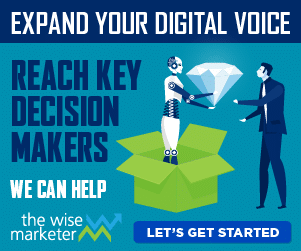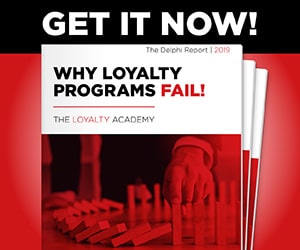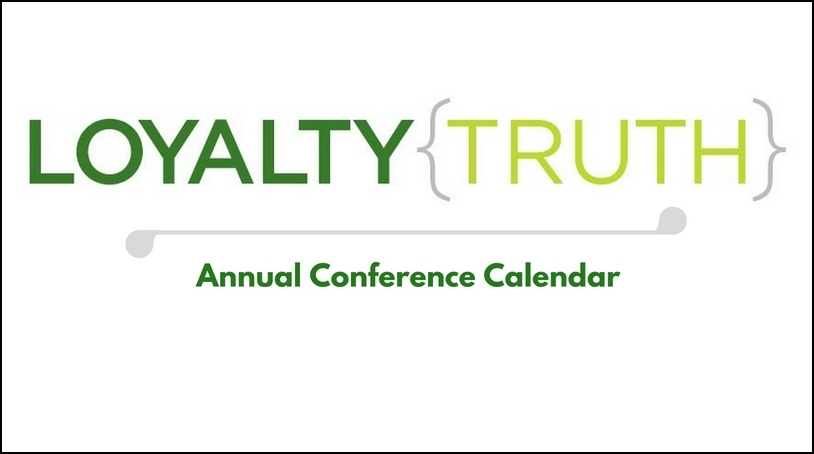While merchants are banding together in hopes of creating an alternative payment processing system which will reduce costs and put more control in their hands, there is an entirely more radical level of disintermediation of the banking system taking place.
You might know the concept as “P2P” or Peer to Peer payments networks. You might have heard of Bitcoin which was first to bring visibility to P2P payment networks. Or, you may be familiar with Ripple, the “monetary system based on trust that already exists between people in real-world social networks”. Ripple is interesting in part due to the investment made by Chris Larsen, chairman and founder of E-loan and the co-founder of Prosper Marketplace.
Mr. Larsen embraces the title of disruptor and was quoted in the February 2013 issue of American Banker Magazine saying “The time has come for virtual currencies”. Larsen’s definition of good timing contemplates improving on the Bitcoin model, which still has momentum today. The ambitions are high as Ripple states that it “cuts the banks right out of the picture by allowing anyone to act as a bank and grant credit within the Ripple system to anyone they know.”
The idea of enabling commerce to occur on a 1 to 1 basis between friends, trusted acquaintances, and more extended contacts that have been verified through a structured system has been tried in micro-finance (e.g. Kiva.com) and in a previous venture where Mr. Larsen was involved, Prosper. This enterprise was an innovative play to potentially become the Ebay of the consumer lending space, but was trumped by a changing business model and regulatory pressure brought to bear by the Securities and Exchange Commission.
Before you think that P2P payments are the sole domain of anarchy minded entrepreneurs, hoping to liberate daily commerce from supervision by “the man”, you should know that the biggest banks in the US are experimenting in this same space. Chase offers QuickPay, a person to person payment system that promises to be “convenient, simple and secure”. The service is free and while participants are encouraged to have a checking or savings account with Chase, it is not mandatory for all parties involved. You can learn more about QuickPay here and read this report which finds several flaws with the service based on early user feedback.
Two key areas of complaint seem to be the length of time it takes for transactions to clear and be posted to a recipients account and an apparent gap in consumer protection protocols, through which a payment sender could be caught “holding the bag” if a recipient turns out to be fraudulent.
How the payments debate will unfold is contingent upon key factors that are to some degree beyond the control of those pushing hard to create the optimal alternative solution.
- Regulators can step in at any time and declare one of these new systems in breach of customary standards of the payment system. These rulings could come because there is real concern or as result of lobbying efforts funded by interests with the budget and desire adequate to protect their established turf.
- Trust can be breached through actions taken among the user group. Building trust in a new payments system is an objective of highest priority and years of work can be dashed by the unfortunate actions of a small group of scammers hoping to game the system.
- Awareness and acceptance is the third leg of the stool for any new payments business. For PayPal, Square, Dwolla and others hoping to capture a broad based retail acceptance, all channels must be covered (online and offline) and reliability must be established. Just recently, PayPal introduced a mobile payment device that fits in the same jack on a smartphone as the Square device. Turf wars will ensure as the battle for awareness continue.
P2P payments have a place in the world. So do alternative payment systems that are reliable, trustworthy, and can save money for its participants. Competition is always good for the marketplace and there is plenty of it in the payments sector today. The question is, when will these payments systems, in particular P2P, win our trust enough to leap the gap from an easy way to pay among friends to a chosen way to conduct business?




